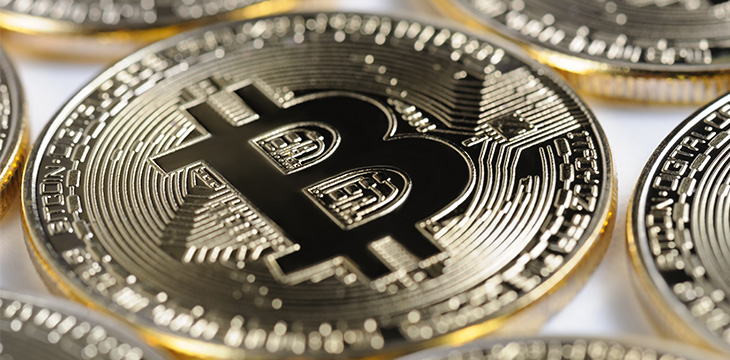|
Getting your Trinity Audio player ready...
|
True decentralization can only come from a system where the rules are set in stone, says Dr. Craig S. Wright. In the latest episode of the “Bitcoin Class with Satoshi” series with sCrypt’s Xiaohui Liu, Dr. Wright draws a strong distinction between Bitcoin (as BSV) and other blockchain digital assets, whose protocol rules can be changed almost at will by developers.
What is a commodity? Dr. Wright asks. It’s something with utility and offered in standardized formats and amounts. The definition of a standard barrel of crude oil hasn’t changed; companies buying food commodities like flour or beef need to know what grade, what type they’re buying. Some commodities contracts can run for decades or more into the future, and both buyers and sellers need to know the basic item will remain the same.
‘Set in stone’
“The only way you decentralize something… is to make it a commodity. You standardize.”
Bitcoin is a commodity, given that the BSV token is the unit of transaction, upon which other layers, contracts and methods of securing data records can be based. Like a commodity, you can buy that unit (and the utility it offers) from anyone, anywhere, and know you’re getting exactly what was offered when the system first began. That’s what true decentralization means, Dr. Wright says.
If a small committee of people—like developers—can change the standard of a commodity then it breaks the original deal for all users. You couldn’t simply change the standard definition of a barrel of crude oil without causing major disruption and without legal ramifications. Bitcoin is the same.
For example, say a blockchain network decides to alter the rules to make the network less “friendly” to regulators or law enforcement: this could have serious consequences to anyone using it, particularly if they’re large-scale projects operating in a heavily regulated environment themselves.
That’s why Bitcoin’s protocol rules are considered “set in stone,” unalterable now by anyone, even their creator.
Who’s really in control?
“What is control? Control is the ability to update software,” Dr. Wright says.
He takes aim at claims developers don’t change the protocol; they merely present rule change proposals that miners then vote on. This is misleading and misrepresentation, he says. The number of “mining nodes” that actually matter is tiny (in the double figures or less) in any blockchain network, even BTC and ETH. Anyone with influence, whether it’s protocol developers or their paymasters, can easily influence a majority of nodes to follow their wishes and change the rules (we’ve seen plenty of examples of this over the years).
If miners have voting power over rule changes then you have a corporation, and in a corporation those decision-makers will need to be identified. Developers like to say they’re not fiduciaries and don’t have the responsibilities that come with that, Dr. Wright adds, but in actual fact they’re well aware that they are. These important decisions that govern the way blockchains work are all made by humans, not computers.
Influence over “voting” nodes will become an even more serious issue if a network moves to “proof of stake” (POS) rules, as Ethereum is planning to do. In that case, identifying the staking addresses and who really controls them becomes a more difficult, and far more serious, issue.
“Bucket shop exchanges” certainly don’t get the power to decide if an asset is the same one they were trading before, and a “soft fork” is simply “an insidiously deceptive move to build in a future change.”
Which brings us back to the commodity concept. Xiaohui asks if that was the intention right from the start, and Dr. Wright assures us it was. “Yes, I was very clear about that to everyone,” he says. “You don’t change my protocol.”
If that sounds dictatorial, it’s because it was. He made the rules, he set the rules, and people could follow them. They weren’t permitted to change them. That’s because doing so alters the commodity being offered in the original unilateral contract Satoshi made, which has a ripple effect throughout the ecosystem—including the possibility of both criminal and civil actions.
Even if you don’t like governments and laws, a contract is a contract. “The reality here is: even if you didn’t have government, a contract is a binding thing in any system that survives, any system that works… you have made a promise and set a standard.”
And that’s that.
To watch previous episodes of the Theory of Bitcoin and Bitcoin Class, check out the Theory of Bitcoin YouTube channel here and the Bitcoin Class with Satoshi YouTube channel here.

 02-18-2026
02-18-2026 




